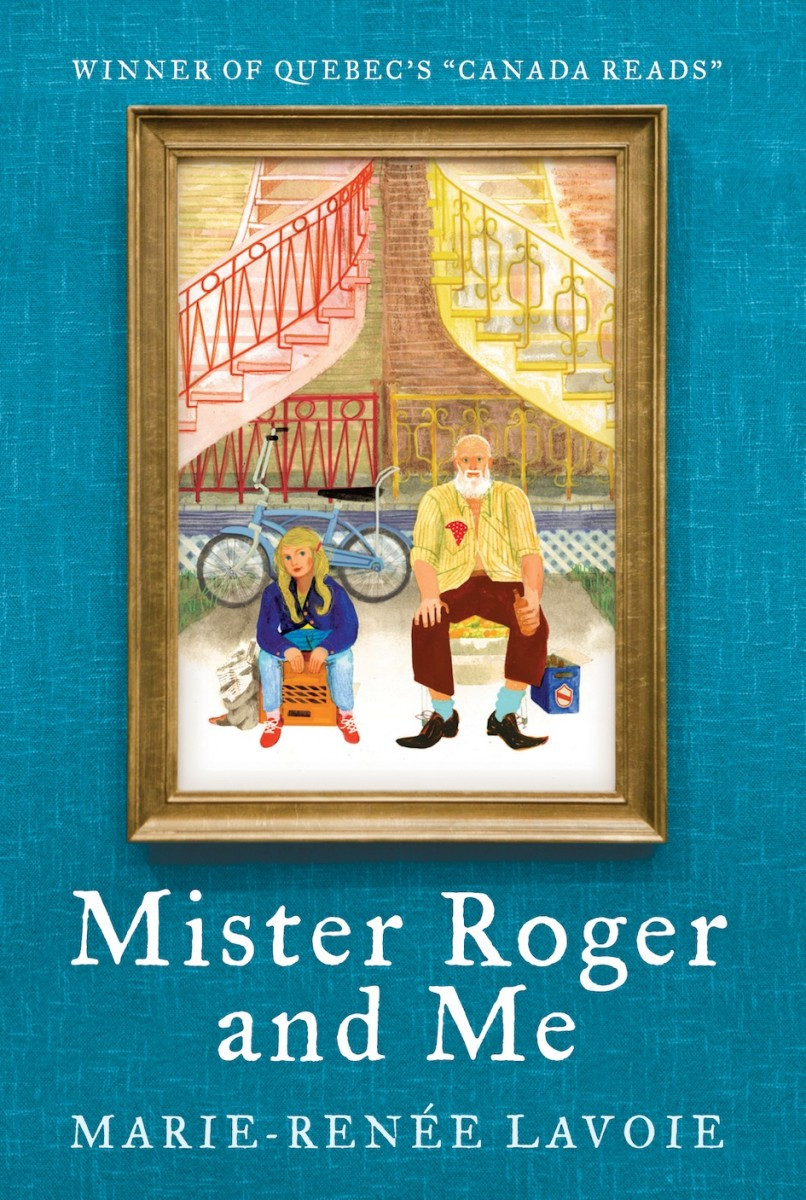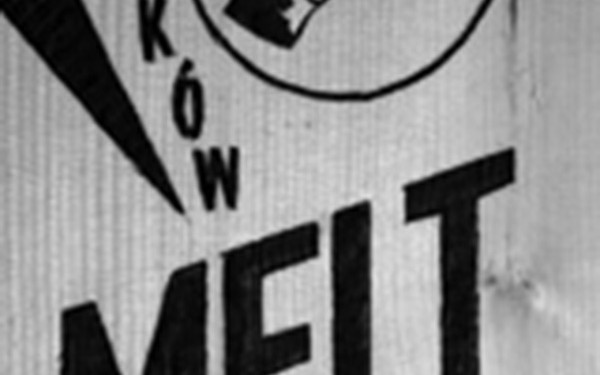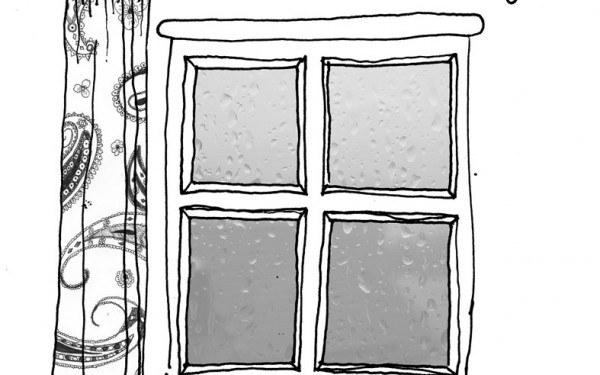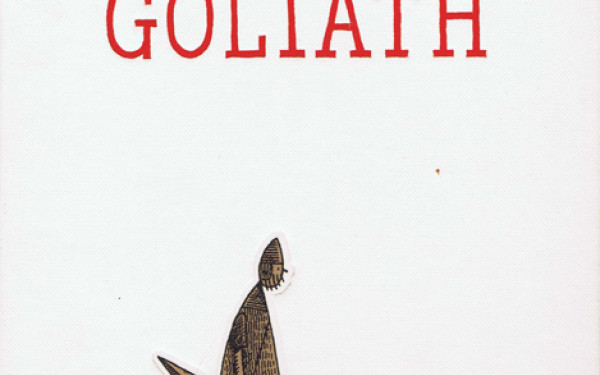Lost in Translation
English Version of “Mister Roger and Me” Hurts Readability
Mister Roger and Me
by Marie-Renée Lavoie
House of Anansi Press Inc.
Marie-Renée’s coming-of-age novel, Mister Roger and Me (not to be confused with Mr. Rogers), is a wonderfully descriptive narrative set in ’80s working-class Montreal.
The main character is an eight-year-old tomboy (slightly reminiscent of To Kill a Mockingbird’s Scout) named Helen. She bikes around the neighborhood developing unlikely friendships with adults and rarely children. Her friendship with Mister Roger is the driving relationship in the story, along with her wacky parents and two sisters.
Helen wishes she were a boy, and is often confused for one, especially using her alias name, Joe. As a reader, I wish that desire to be a boy was developed further. Why does she want to be a boy so badly? So she can go on adventures and not have to be in the kitchen all day? This is supposed to be the ’80s, not the ’50s.
The story seemed underdeveloped. I couldn’t seem to find what the real meaning was. The novel was written in French originally, and then translated by Wayne Grady. A lot of sentences are run-ons are confusing and non-sensible in English, but were probably great in French.
Jumpy, hard to follow and at a mere 228 pages, difficult to get through to the end. There are some great descriptions of typical Quebec life-a memorable one being Helen’s father’s excitement and screaming during a Habs game which caused the police show up at the door, only to then joined him for the rest of the game.
I believe I understand what Lavoie was going for with Mister Roger and Me – a coming of age tale and a grumpy old man being won over by a spunky kid. But everyone has seen or read that before. If there was more depth and meaning to it all it might have worked, unfortunately the message was lost in translation.






